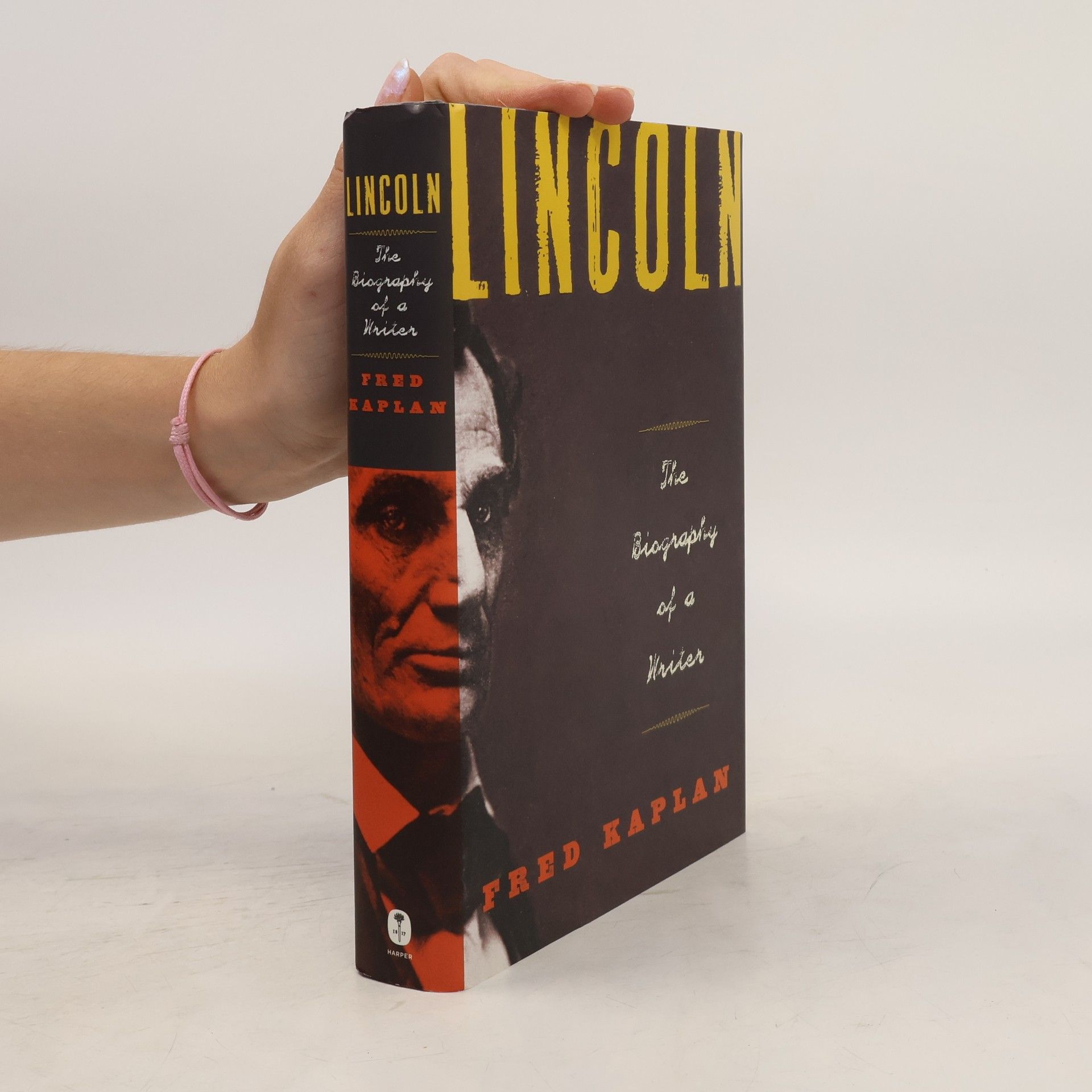His Masterly Pen
- 608 pages
- 22 hours of reading






From the author of The Wizards of Armageddoncomes the definitive history of American policy on nuclear war-and Presidents' actions in nuclear crises-from Truman to Trump.
Depicts the joyless existences of the citizens of the imaginary mid-Victorian city of Coketown, whose workers toil endlessly for factory owner Josiah Bounderby, and whose students drudge for utilitarian educator Thomas Gradgrind
“A consistently eye-opening history...not just a page-turner but consistently surprising.” —The New York Times “A book that grips, informs, and alarms, finely researched and lucidly related.” —John le Carré As cyber-attacks dominate front-page news, as hackers join terrorists on the list of global threats, and as top generals warn of a coming cyber war, few books are more timely and enlightening than Dark Territory: The Secret History of Cyber War, by Slate columnist and Pulitzer Prize–winning journalist Fred Kaplan. Kaplan probes the inner corridors of the National Security Agency, the beyond-top-secret cyber units in the Pentagon, the "information warfare" squads of the military services, and the national security debates in the White House, to tell this never-before-told story of the officers, policymakers, scientists, and spies who devised this new form of warfare and who have been planning—and (more often than people know) fighting—these wars for decades. From the 1991 Gulf War to conflicts in Haiti, Serbia, Syria, the former Soviet republics, Iraq, and Iran, where cyber warfare played a significant role, Dark Territory chronicles, in fascinating detail, a little-known past that shines an unsettling light on our future.
For Abraham Lincoln, words were essential in composing love letters, speeches, and legal arguments. Acclaimed biographer Fred Kaplan delves into Lincoln's life through his linguistic prowess, showcasing how language served as a means to convey complex ideas and emotions while also acting as a tool for persuasion and empowerment. Like other great American literary figures, Lincoln's literary journey is intertwined with his personal narrative. An admirer of Burns, Byron, Shakespeare, and the Old Testament, he stands out as the most literary of U.S. presidents. His perspectives on love, liberty, and human nature were profoundly influenced by his literary engagements. Since Lincoln, no president has matched his ability to craft words that resonate with audiences. Kaplan examines the influences that shaped Lincoln's imaginative landscape, how his writings influenced his identity, relationships, and career, and how they contributed to his emergence as a distinctive political figure and shaped national discourse. This insightful account of Lincoln's life underscores the limitations of contemporary presidencies, emphasizing that the careful and honest use of language is vital for a thriving democracy. Illuminating and engrossing, this narrative captures Lincoln's extraordinary talent with words.
A fascinating, in-depth portrait of one of the most compelling figures of the twentieth century.